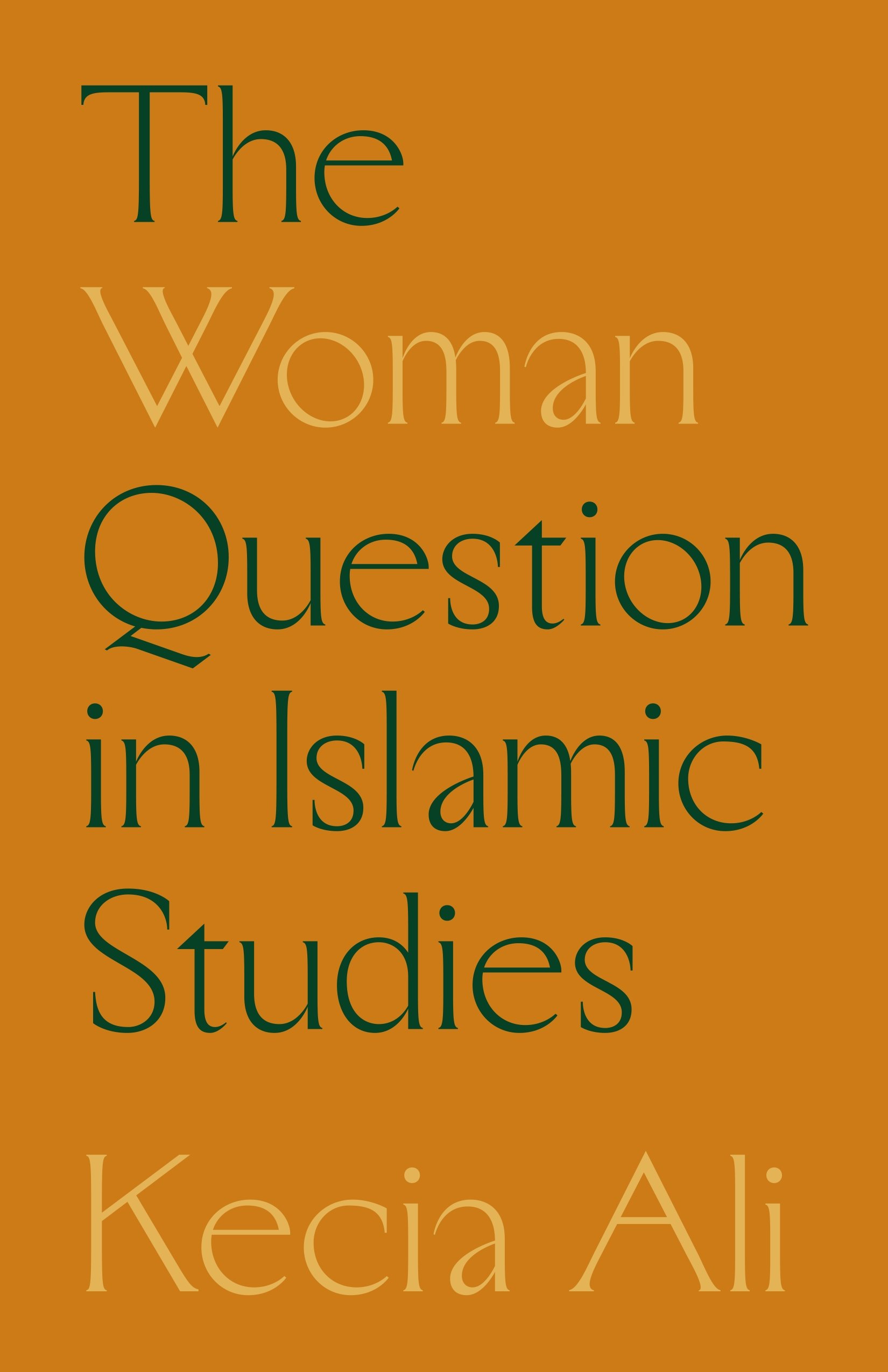Despite remarkable shifts in the demographics of Islamic studies in recent decades, the field continue to be dominated by men, who often relegate other scholars and their work—particularly research on gender—to its periphery, while treating subfields in which men predominate as more rigorous and central. In The Woman Question in Islamic Studies, Kecia Ali explores the interconnected ways that sexism functions in academic Islamic studies. Examining publications, citations, curricula, and media representations, Ali finds that, despite the growth and depth of scholarship on Islam and gender, men continue to overlook women’s scholarship, even in work that purports to discuss gender issues. Moreover, media and social media dynamics make talking about Islam and Muslims for broader audiences especially fraught for scholars who are not men, particularly when the topic is gender or sexuality.
Combining broad surveys with more focused analyses of a smaller set of texts, Ali shows that textbooks and syllabi continue to exclude women as historical actors and scholars and to marginalize gender and sexuality as subject matter. Finally, she offers a “Beginner’s Guide to Eradicating Sexism in Islamic Studies,” offering practical strategies to help scholars avoid common pitfalls in their own work and contribute to broader professional transformations.

